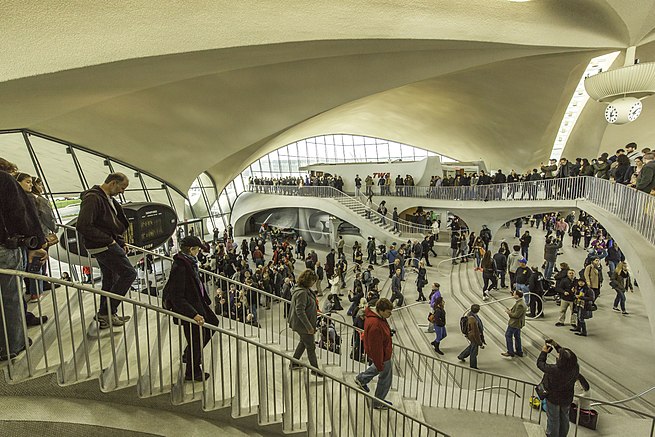
-
Nostalgia
Nostalgia is a sentimentality for the past, typically for a period or place with happy personal associations. The word nostalgia is learned formation of a Greek compound, consisting of νόστος (nóstos), meaning “homecoming”, a Homeric word, and ἄλγος (álgos), meaning “pain” or “ache”, and was coined by a 17th-century medical student to describe the anxieties displayed by Swiss mercenaries fighting away from home. Described as a medical condition—a form of melancholy—in the Early Modern period, it became an important trope in Romanticism.Nostalgia is associated with a yearning for the past, its personalities, possibilities, and events, especially the “good old days” or a “warm childhood”.The scientific literature on nostalgia usually refers to nostalgia regarding the personal life and has mainly studied the effects of nostalgia induced during the studies. Smell and touch are strong evokers of nostalgia due to the processing of these stimuli first passing through the amygdala, the emotional seat of the brain. These recollections of one’s past are usually important events, people one cares about, and places where one has spent time. Music and weather can also be strong triggers of nostalgia.
-
Nostalgia (noun)
A longing for home or familiar surroundings; homesickness.
-
Nostalgia (noun)
A bittersweet yearning for the things of the past.
-
Nostalgia (noun)
Reminiscence of the speaker’s childhood or younger years.
